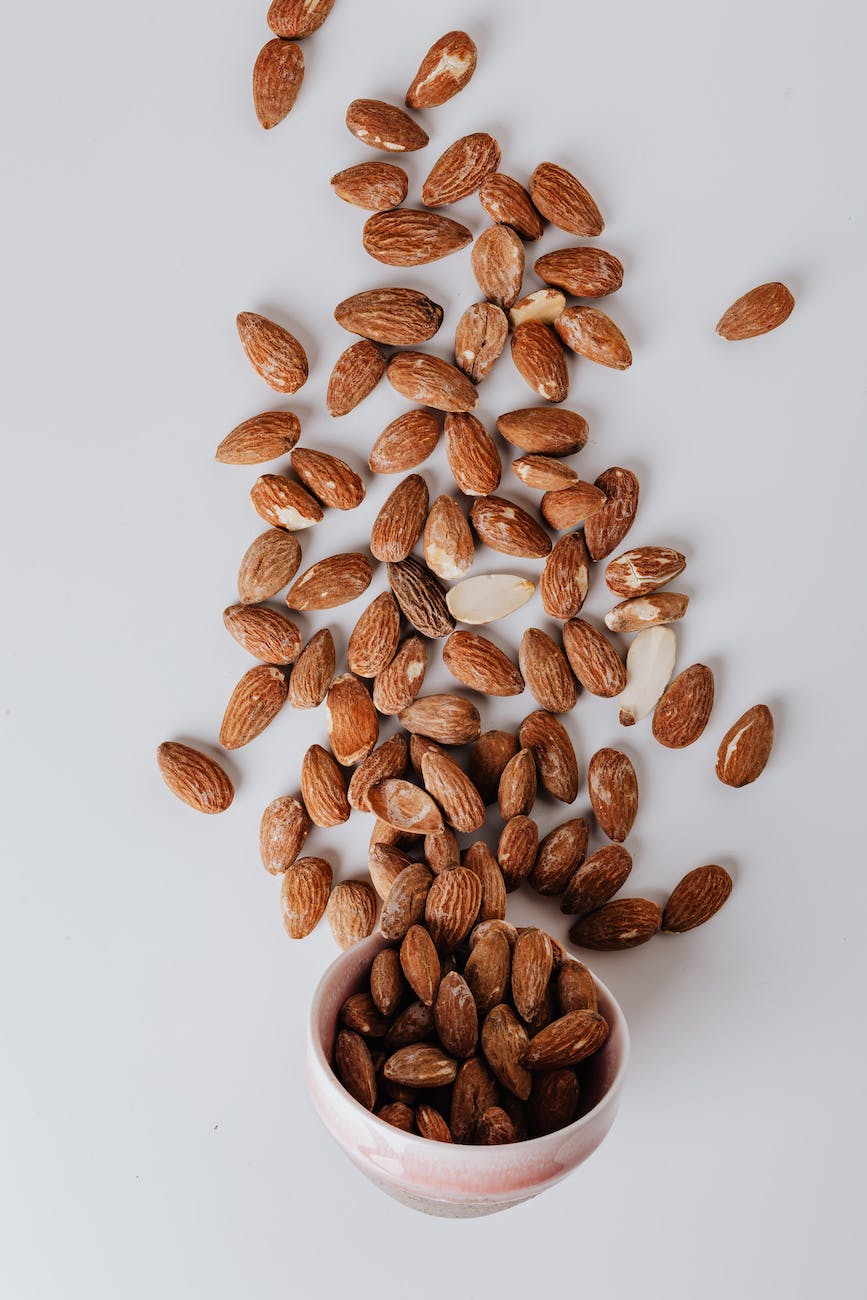
Gout is a form of inflammatory arthritis caused by the buildup of uric acid crystals in the joints. Managing gout effectively involves a combination of medication, lifestyle adjustments, and making wise food choices. In this comprehensive guide, we will delve into various food items and their impact on gout, helping you create a gout-friendly diet that promotes better management and reduces the risk of painful flare-ups.
Understanding Gout and Dietary Considerations
- What is Gout? Gout is a type of arthritis characterized by sudden and severe attacks of joint pain, usually affecting the big toe. It results from the accumulation of uric acid in the bloodstream, leading to the formation of sharp crystals in the joints.
- The Role of Diet in Gout Management Diet plays a crucial role in managing gout, as certain foods can either trigger or alleviate gout symptoms. The primary dietary concern is purine-rich foods, as they contribute to elevated uric acid levels in the body.
Gout-Friendly Foods:
- Onions and Gout: Onions are low in purines and possess anti-inflammatory properties. They can be a safe and flavorful addition to your gout-friendly meals. Onions are also rich in quercetin, a natural compound known for its potential to reduce inflammation and inhibit xanthine oxidase, an enzyme involved in uric acid production.
- Rice and Gout: Rice is considered a low-purine food, making it a suitable carbohydrate source for gout sufferers. Brown rice, in particular, provides added nutritional benefits with its fiber content. Whole grains like brown rice are beneficial for gout management as they help regulate blood sugar levels and may reduce the risk of insulin resistance, a contributing factor to gout.
- Legumes and Gout: Legumes, such as lentils, beans, and chickpeas, are plant-based sources of protein. While they contain some purines, they can be enjoyed in moderation as part of a balanced diet. The fiber content in legumes helps promote satiety and supports healthy digestion, both of which are essential for overall health and weight management.
- Peas and Gout: Peas fall under the legume category and, like other legumes, have a moderate purine content. Including peas in your meals in controlled portions may not pose a significant risk for gout. Additionally, peas are rich in vitamins and minerals, including vitamin C, which may help reduce inflammation and boost the immune system.
- Milk and Gout: Dairy products, including milk, are generally safe for gout sufferers. Low-fat or skim milk is recommended to limit saturated fat intake, which can help manage gout symptoms. Moreover, milk is a good source of calcium, which is vital for maintaining strong bones and reducing the risk of osteoporosis, a condition that individuals with gout may be prone to.
- Nuts and Gout: Nuts are a healthy snack option but vary in their purine content. Opt for low-purine nuts like almonds and walnuts and consume them in moderation. Nuts are rich in healthy fats, such as monounsaturated and polyunsaturated fats, which have been associated with reduced inflammation and improved heart health.
- Fish and Gout: Fatty fish rich in omega-3 fatty acids, such as salmon, mackerel, and sardines, have anti-inflammatory properties and can be beneficial for gout management. Omega-3 fatty acids have been shown to reduce inflammation and may help alleviate gout symptoms. However, it’s essential to consume fish in moderation and be mindful of the overall purine intake from various food sources.
Foods to Limit or Avoid:
- Pork and Gout: Pork is considered a high-purine meat and may trigger gout attacks in some individuals. Reducing or eliminating pork from your diet is advisable. Instead, opt for leaner protein sources like poultry, fish, and tofu.
- Shrimp and Gout: Shrimp, like other shellfish, is relatively high in purines. While occasional consumption may be acceptable for some, it is best to limit intake. If you enjoy seafood, choose low-purine options like fish or scallops.
- Alcohol and Gout: Alcohol, especially beer, can elevate uric acid levels and increase the risk of gout flare-ups. Reducing alcohol consumption is crucial for managing gout effectively. Instead, hydrate with plenty of water and herbal teas to help flush out uric acid from the body.
Tips for Gout-Friendly Eating:
- Stay Hydrated: Drink plenty of water throughout the day to help flush out uric acid from your system.
- Maintain a Healthy Weight: Obesity is associated with an increased risk of gout. Achieving and maintaining a healthy weight can reduce the frequency and severity of gout attacks.
- Practice Portion Control: Even low-purine foods can become problematic if consumed in large quantities. Moderation is key.
- Opt for Whole Grains: Whole grains like brown rice, quinoa, and barley offer added nutrients and fiber compared to refined grains.
- Consult a Healthcare Professional: If you have gout or suspect you might seek advice from a healthcare professional or a registered dietitian to create a personalized gout management plan.
FAQs About Gout and Food
- Is rice suitable for gout management?
- Yes, rice is considered a low-purine food and can be included in a gout-friendly diet. Opt for whole grains like brown rice for added nutritional benefits.
- Can I eat nuts if I have gout?
- Yes, you can enjoy nuts like almonds and walnuts in moderation as they are low-purine and rich in healthy fats.
- Should I avoid pork if I have gout?
- It is advisable to limit or avoid pork as it is considered a high-purine meat, which may trigger gout attacks.
- Are onions beneficial for gout sufferers?
- Yes, onions are low in purines and have anti-inflammatory properties, making them a safe addition to gout-friendly meals.
- Can I consume dairy products like milk if I have gout?
- Yes, dairy products like milk are generally safe for gout management. Opt for low-fat or skim milk for better results.
- Is fish recommended for gout sufferers?
- Fatty fish rich in omega-3 fatty acids, such as salmon, can be beneficial for gout management due to their anti-inflammatory properties.
- Are shrimp and other shellfish safe for individuals with gout?
- Shrimp and shellfish are relatively high in purines. It’s best to limit their consumption and opt for low-purine seafood alternatives.
- Can alcohol worsen gout symptoms?
- Yes, alcohol, especially beer, can elevate uric acid levels and increase the risk of gout flare-ups. It’s better to reduce alcohol consumption.
- What other lifestyle changes can help manage gout?
- Staying hydrated, maintaining a healthy weight, and practicing portion control are essential lifestyle factors for gout management.
- Should I consult a healthcare professional for gout management?
- Yes, it’s recommended to seek advice from a healthcare professional or a registered dietitian for a personalized gout management plan.
Gout management is individualized, and different foods may affect people differently. Always consult with a healthcare professional to tailor a diet that suits your specific needs and health condition. By being proactive and informed, you can successfully manage gout and improve your quality of life.
By making informed food choices and adopting a gout-friendly lifestyle, you can take control of your gout and improve your overall well-being. Remember that individual responses to foods may vary, so it’s essential to pay attention to your body and make adjustments as needed. Empower yourself with knowledge and take proactive steps to manage gout effectively.
Blog Tags: Gout, Gout Management, Gout Diet, Gout-Friendly Foods, Uric Acid, Purine, Arthritis, Joint Health, Inflammatory Arthritis, Nutrition, Lifestyle, Healthy Eating, Omega-3 Fatty Acids, Weight Management, Onions, Rice, Legumes, Peas, Milk, Nuts, Fish, Pork, Shrimp, Alcohol, Gout-Friendly Tips.













